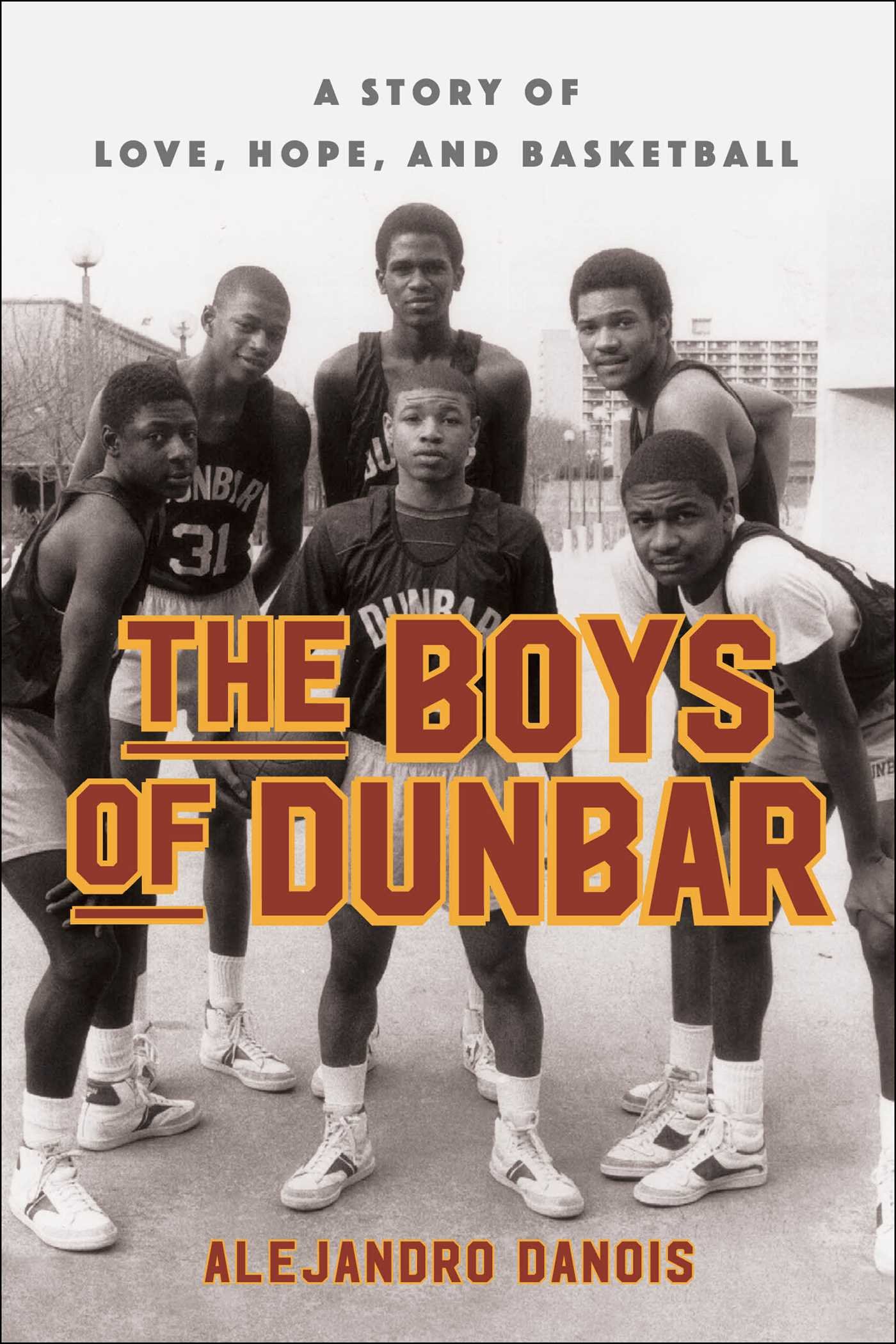Author: Alejandro Danois
 |
| via Amazon |
Williams was an All-American superstar in both high school and college. He was the captain of the 1986-87 Georgetown Hoyas, dubbed "Reggie and the Miracles" by their coach John Thompson, the team that made me fall in love with college basketball (more on that here). He never made it big in the pros, partly due to injuries but more because he was undersized for his natural position, a more common problem than most NBA fans probably realize. Still, a 10-year career in the league with a double-digit scoring average is nothing to sneeze at.
Williams's best friend growing up in Baltimore was Tyrone "Muggsy" Bogues. It's far more likely you've heard of him: at 5'3", the shortest player in NBA history. He outdid his buddy, playing in the pros for 14 years. He is, by any reasonable measure, one of the most extraordinary athletes who has ever lived. See video highlights here.
Williams and Bogues were the two best players on what is widely considered to be the greatest high school basketball team of all-time: the Dunbar Poets, 1981-82. Two other players from that team went on to the NBA. David Wingate's defensive genius kept him in the league for 15 years. Reggie Lewis played for the Celtics for six seasons before his life was cut short by a congenital heart defect. Lewis wasn't even a starter at Dunbar, yet he was the only one of the four to be named an NBA all-star. The Boys of Dunbar tells the story of this team, its coach Bob Wade and the community from which it spawned.
As a sports fan, I usually pull for the underdog and truth be told, Dunbar wasn't much of one. The Poets began the season ranked #5 in the country and won all of their games, average margin of victory 30 points. That's not to say there weren't hardships to overcome. All of the players came from poverty, East Baltimore suffering from the same drug-fueled violence as many other urban centers in that time period. Included in the book are the stories of other Dunbar greats whose aspirations were destroyed by addiction. Long-term success was not taken for granted.
Bogues is the star of the tale. In the pre-YouTube world, opposing teams often took him as a joke when Dunbar showed up for an away game. His competitive spirit fueled by the doubts of others, he only needed a few seconds of game time to set the record straight. Muggsy wasn't merely good enough. He dominated every game he played at the high school level. He developed an unconventional approach, knowing that if he played the same way everybody else did, his height would be a liability. Incorporating not only basketball skill but also the instincts of the champion wrestler he'd been in middle school, he could steal the ball seemingly anytime he wanted it. He ran the fast break expertly and in the half-court, made sharp passes even his teammates didn't always see coming. By game's end, the same hostile crowds who jeered him on the way in often gave him standing ovations. With Muggsy at point guard, Dunbar was literally unbeatable. In his two years at the school, the Poets had a combined record of 60-0.
The story connects strongly to both of the college teams I grew up with. Both Wingate and Williams played on Georgetown's 1984 national championship team, Williams named Most Outstanding Player at the Final Four as a freshman. Coach Wade went from Dunbar to the University of Maryland, assigned to clean up the program after the death of Len Bias. Unfortunately, scandal ran too deep for even Wade to handle and he never coached again after leaving the job in disgrace three years later. Add the triumph of Bogues and the tragedy of Lewis and the '81-'82 Dunbar team remains one of the most remarkable stories in basketball history.
I loved the book, though I was always going to. If my affection is colored by my affection for the subject, so be it. While I will concede that Danois could probably have done with a better editor, I would gladly read more books like The Boys of Dunbar.
Sounds like The Wire for basketball.
ReplyDeleteAnd it does sound interesting...
Not quite so gritty but the book doesn't hide the darker side of urban life in early '80s Baltimore.
Delete